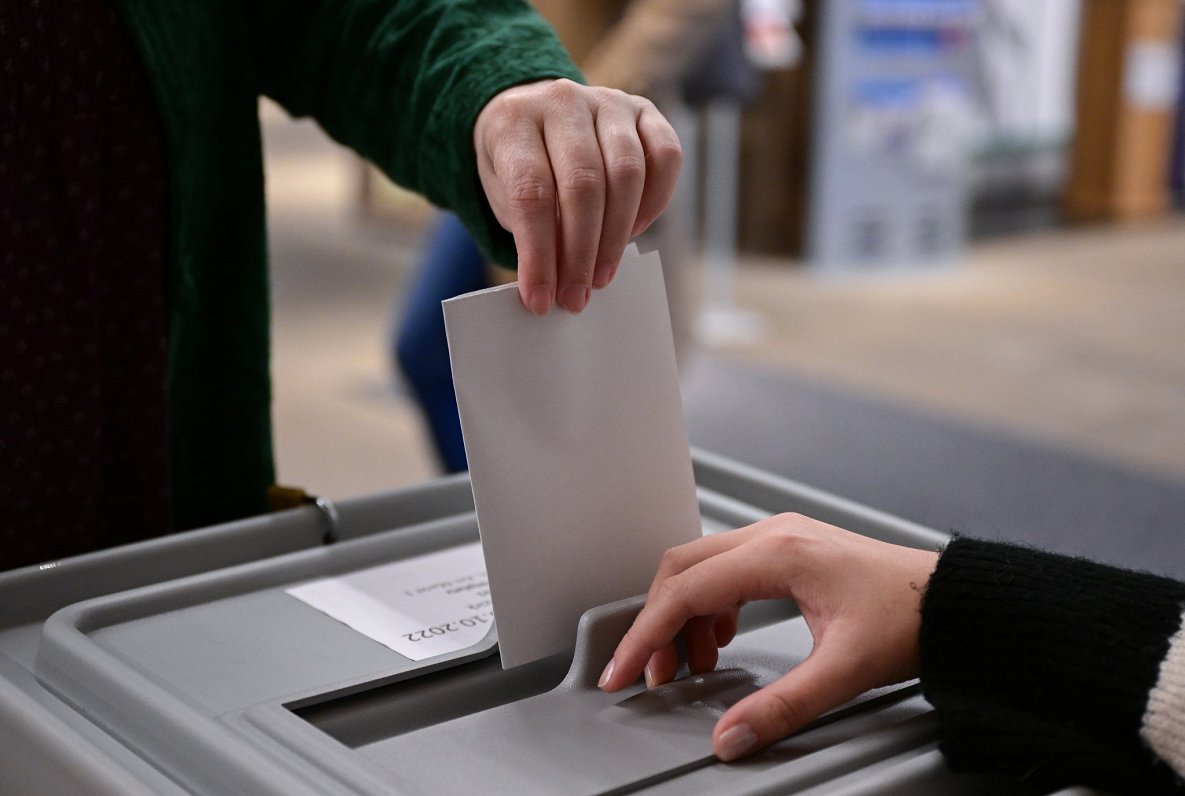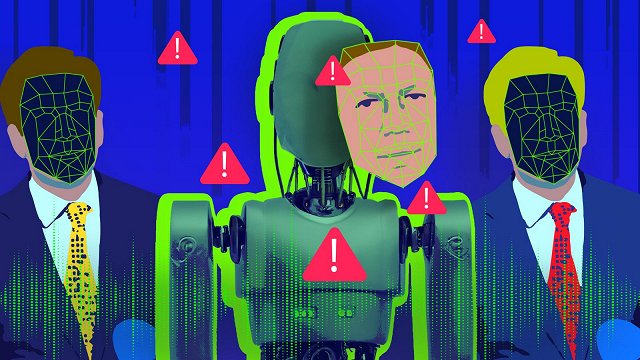The amendments criminalize the production or dissemination of deliberately false discrediting information about a political party or an association thereof, a candidate for the Saeima, a municipal council, or a Member of the European Parliament, using deep-fake technology, if committed during the pre-election campaigning period or on election day.
Such an offense may be punishable by up to five years' imprisonment, temporary imprisonment, probation supervision, or community service.
The amendments add criminal liability for the use of an automated data processing system to prevent persons from participating in elections, initiating a law or a referendum, holding a referendum, or supporting a European citizens' initiative. This will be punishable by up to five years' imprisonment, temporary deprivation of liberty or probation supervision.
The amendments will enter into force on the day following their promulgation.
President Edgars Rinkēvičs initiated the discussion in the Saeima on the regulation of the use of artificial intelligence by proposing amendments to the Law on Pre-election Campaigning. The discussions on the use of artificial intelligence during pre-election campaigns suggested that the law should distinguish between administrative and criminal offenses.





























